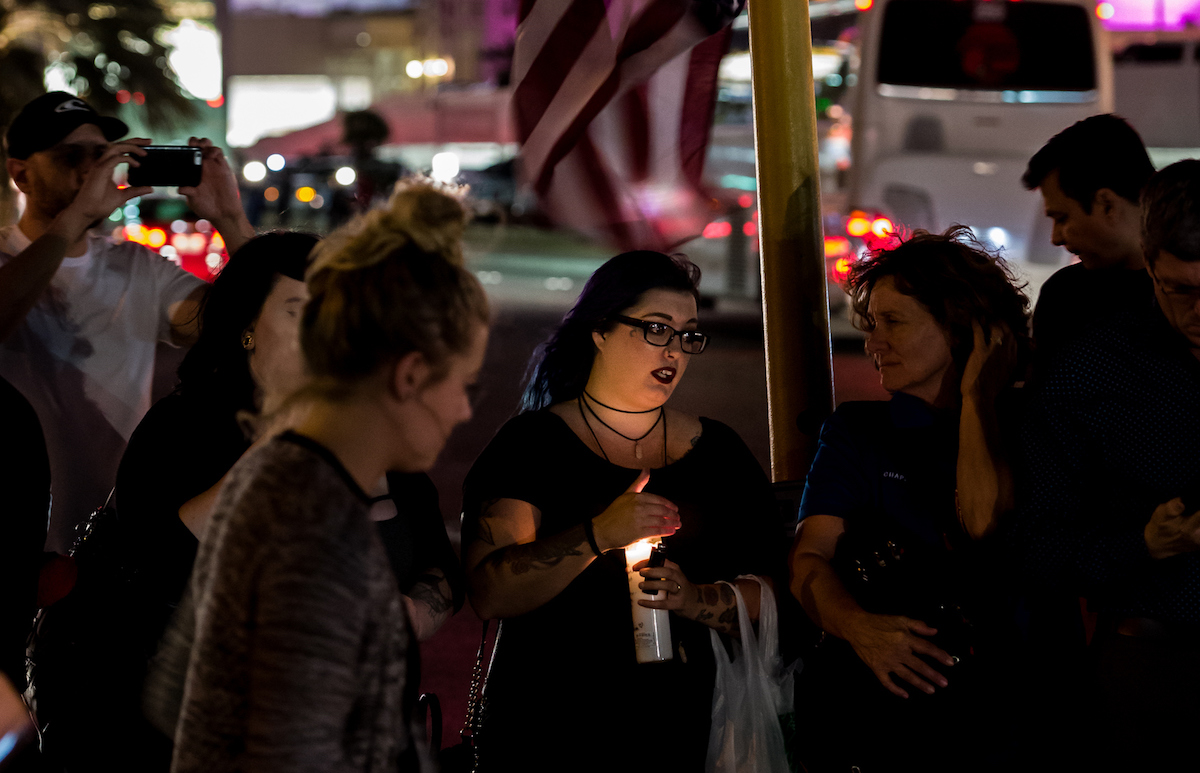In the aftermath of yet another horrific mass shooting in the United States, “thoughts and prayers” are getting a bad rap. Understandably, people around the globe are outraged over the lack of U.S. policy on gun control. In the past couple of days, American politicians have publicly professed their sorrow with “thoughts and prayers,” yet they haven’t talked about legislatively preventing the nightmare from being repeated over and over again.
The world has had enough of those feeble sentiments. Expressing only “thoughts and prayers” is no longer acceptable from those who can affect change. As a result, the words have become synonymous with empty promises and false concern. But average people — particularly us non-Americans who have no means of influencing U.S. lawmakers — have no other way to express their support to victims.
You may unsubscribe from any of our newsletters at any time.
Policy change is absolutely necessary, but for many, thoughts and prayers might be all they have to publicly give. The demand for change can peacefully co-exist with declarations of thoughts and prayers; the two aren’t mutually exclusive.
Social media has provided us a window to the suffering of others. For most of us, simply observing another’s pain without articulating our emotions feels wrong. The phone videos and screen shots of texts from Florida teenagers terrified for their lives haunt us. As horrified onlookers, we need some form of connection to those affected — some way to convey our understanding and support.
While thoughts and prayers aren’t what Americans need from politicians empowered to prevent heartbreak like this, they do provide a necessary human emotional exchange for both the person expressing them and those receiving them. Grieving families draw love and strength from the thoughts and prayers of others. Those who believe in the power of prayer must be touched by these sentiments from around the world.
Concern and prayer offer hope. A hope that perhaps this will be the last mass shooting, that finally something will be done and that the ire of so many Americans will become organized to rise up and influence the government the way “Mothers Against Drunk Driving” has done. Change doesn’t begin in a vacuum. Thoughts and prayers can be seeds that germinate into affirmative action.
Politicians holding up the veneer of thoughts and prayers in lieu of fixing a serious problem need to be held accountable. But the public still needs a source of faith and comfort during disaster. Vilifying thoughts and prayers only cuts off the emotional articulation of humanity and the connection it creates. Many are praying that doesn’t happen.













